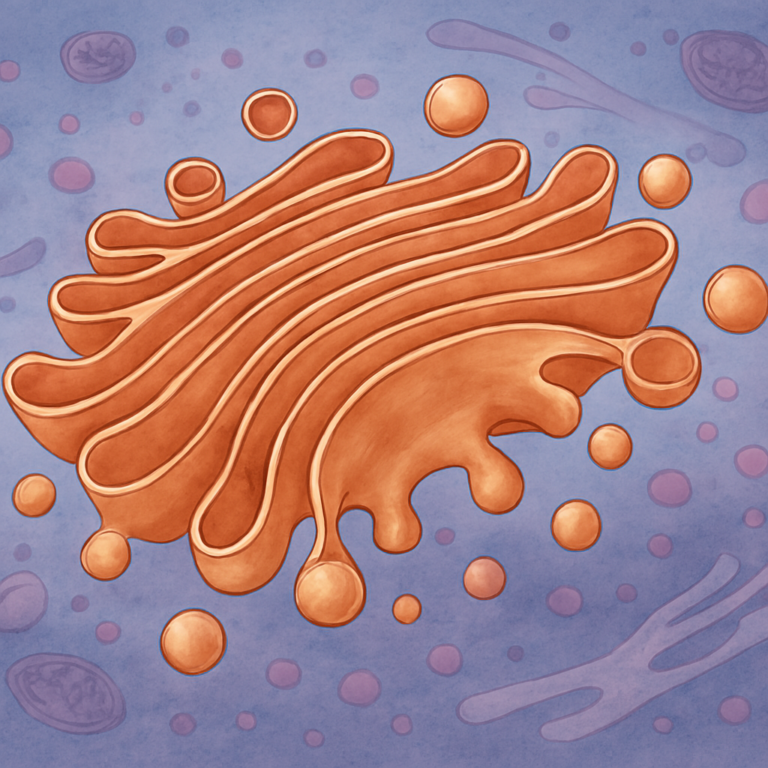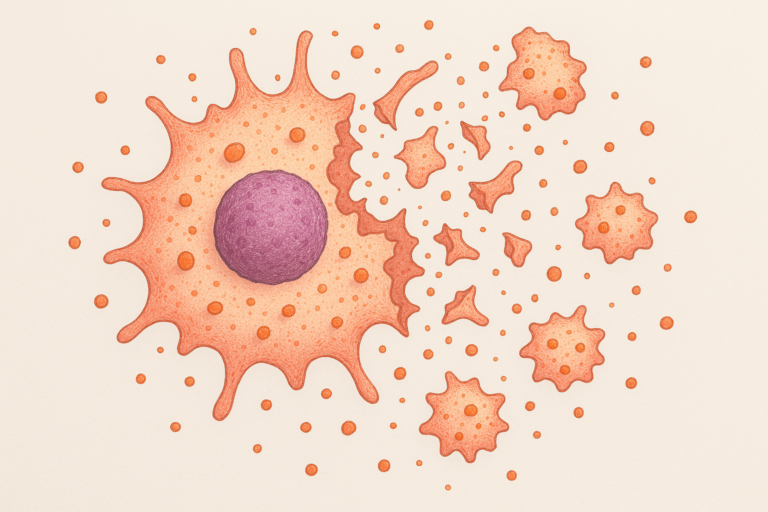The Golgi Apparatus: A Deep Dive into Cellular Logistics

The Golgi apparatus, the essential sorting and modification center of eukaryotic cells, named after its Italian discoverer Camillo Golgi. This article illustrates its complex structure, made up of stacks of membranous sacs called cisternae, and its connection to the endoplasmic reticulum.


